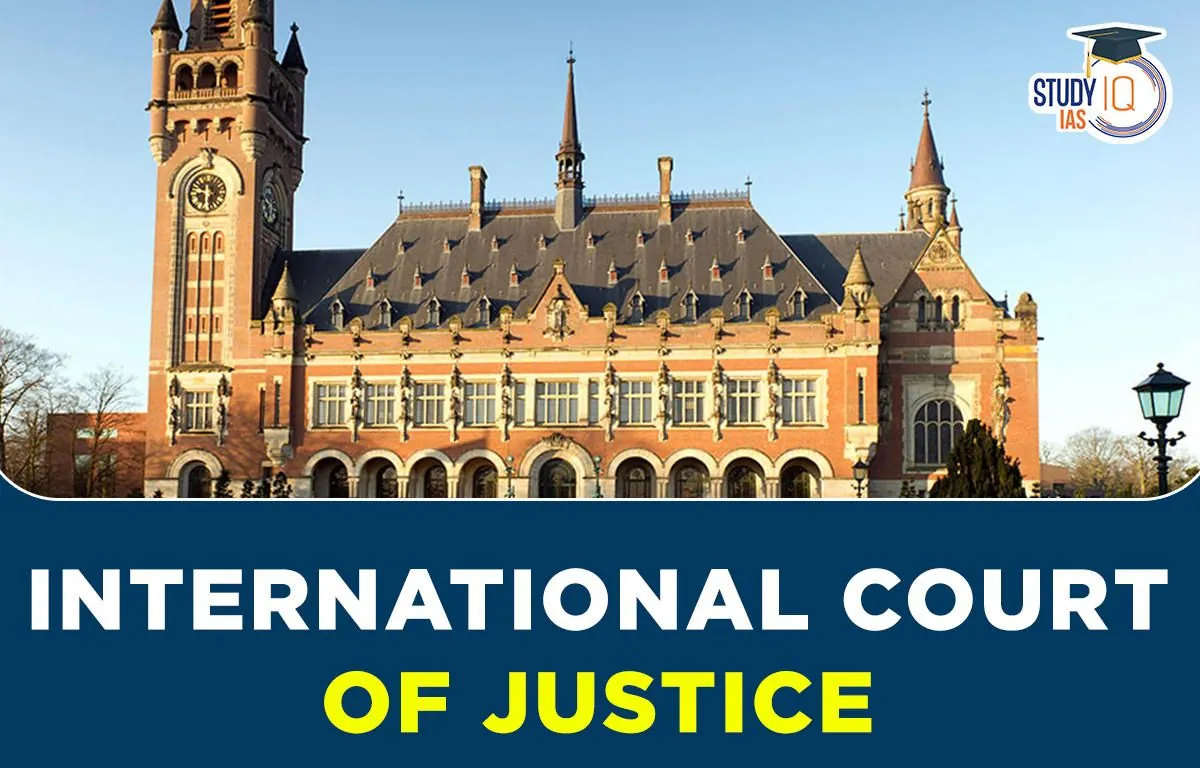Legal Battles Unfold in The Hague Over Israel-Hamas Conflict
International courts in The Hague are addressing multiple cases related to the Israel-Hamas conflict. The ICC and ICJ are considering allegations of war crimes, crimes against humanity, and genocide.

The ongoing conflict between Israel and Hamas has sparked several legal proceedings in international courts based in The Hague, Netherlands. These cases involve allegations of war crimes, crimes against humanity, and genocide, with both the International Criminal Court (ICC) and the International Court of Justice (ICJ) playing crucial roles.
The ICC, established in 2002 based on the Rome Statute adopted in 1998, is considering a prosecution request for arrest warrants against Israeli Prime Minister Benjamin Netanyahu, Defense Minister Yoav Gallant, and two Hamas leaders. This court, with 18 judges elected for nine-year terms, has jurisdiction over four main crimes: genocide, crimes against humanity, war crimes, and the crime of aggression.

The ICC prosecutor can initiate investigations independently or upon referral by the UN Security Council. In May 2024, prosecutors requested arrest warrants for the Israeli leaders, citing reasonable grounds for war crimes and crimes against humanity related to the deprivation of essential resources in Gaza. Simultaneously, the ICC sought warrants for Hamas leaders Yahya Sinwar and Mohammed Deif for alleged crimes during the October 7, 2023 attacks on Israel.
"There are reasonable grounds to believe that these individuals have committed war crimes and crimes against humanity."
It's important to note that the ICC has 123 member states as of 2024, but neither Israel nor the United States are members. The court relies on member states for the enforcement of arrest warrants, which has proven challenging in the past.
Parallel to the ICC proceedings, the ICJ is hearing a case filed by South Africa in December 2023, accusing Israel of violating the 1948 Genocide Convention. The ICJ, established in 1945 as the principal judicial organ of the United Nations, comprises 15 judges elected for nine-year terms and settles disputes between states.
In January 2024, the ICJ ordered emergency measures, instructing Israel to ensure basic food supplies for Palestinians in Gaza and halt its military offensive in Rafah. South Africa must submit its full case by late October 2024, with Israel's response due by July 2025.
The ICJ has a history of deciding cases related to territorial disputes, diplomatic relations, and human rights. Its first case was the Corfu Channel case in 1947 between the UK and Albania. However, like the ICC, the ICJ faces challenges in enforcing its decisions, relying on the UN Security Council for implementation.
As these legal battles unfold, the international community watches closely. The outcomes of these cases could have significant implications for international law and the ongoing conflict in the region. However, the effectiveness of these courts in bringing about tangible change remains a subject of debate, given their limited enforcement mechanisms.


































